Getting to Know Hypertrophic Scars: Causes, Differences, and How to Treat Them


Getting to Know Hypertrophic Scars: Causes, Differences, and How to Treat Them
04 April 2025

Getting to Know Hypertrophic Scars: Causes, Differences, and How to Treat Them
What is a hypertrophic scar?
A hypertrophic scar is a thick, raised scar. It’s an abnormal response to the wound-healing process, where excess connective tissue forms within the boundary of the original wound. The result is a raised scar that stays within the wound area.
What’s the difference between a hypertrophic scar and a keloid scar?
The key visible difference between hypertrophic and keloid scars is how far the scar tissue spreads. In hypertrophic scars, the extra connective tissue remains within the original wound area. In contrast, keloid scars extend beyond the original wound borders, growing into surrounding skin.
Where do hypertrophic scars commonly occur?
Hypertrophic scars are more common in areas of the body where the skin is tight or under tension—such as the back, chest, shoulders, upper arms, elbows, and joints. However, they can develop anywhere on the skin that has been injured.
Scar tissue may form due to trauma, inflammation, burns, or surgical incisions. There are many types of skin scars, each with their own appearance, causes, and treatments.
Are there risk factors that increase the chance of developing a hypertrophic scar?
Several factors can increase the likelihood of developing hypertrophic scars:
Burn wounds, especially second- and third-degree burns
Systemic (whole-body) inflammation
Poor wound healing caused by infections
Genetics – raised scars, especially keloids, often run in families
How are hypertrophic scars treated?
Corticosteroid injections: This is one of the main treatments for hypertrophic scars. The injections are delivered directly into the scar tissue to flatten and soften it, while also reducing pain and itchiness. Multiple sessions may be required, spaced a few weeks apart.
TAGS :
Package Selection
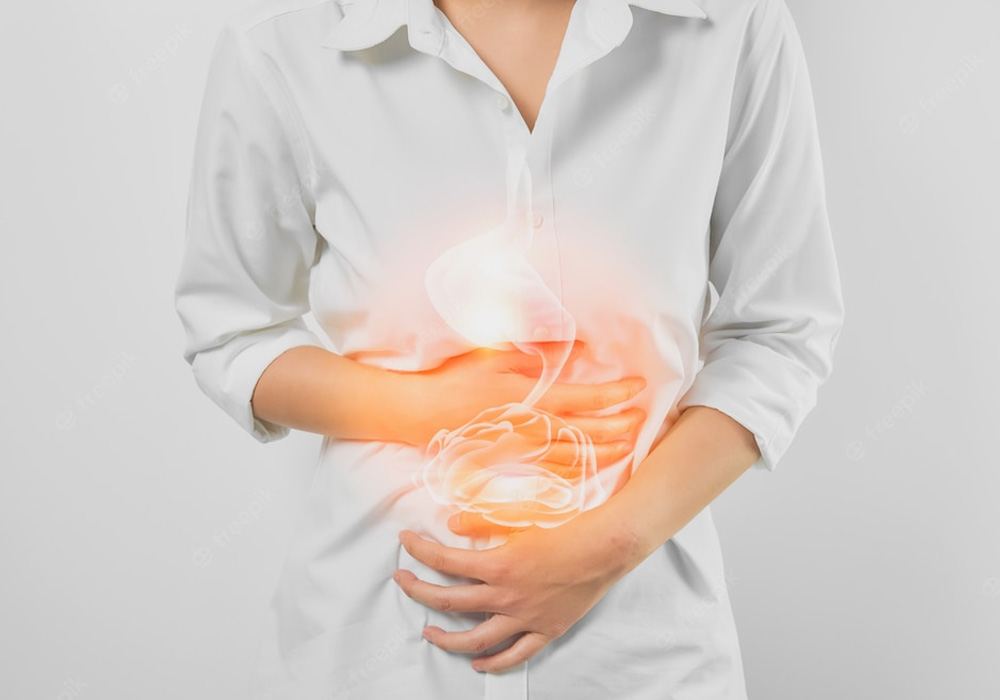
IDR 999K
Vomiting, diarrhea, and stomachache are the symptoms of Bali Belly. The IV rehydration will help to normalize your body fluid and electrolytes. We will also provide oral medicines to fight bacteria / parasite infection in digestive system
500 ml Hydration
IV Stomach Protector
IV Anti-Nausea
Oral Medication
Medical Report for Insurance
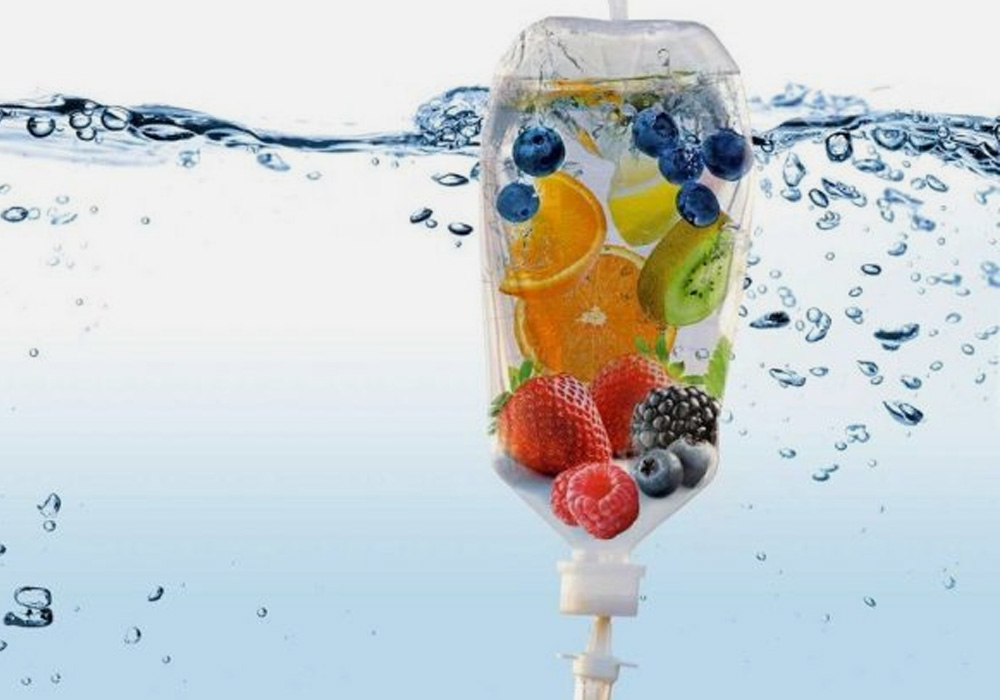
IDR 999K
Vitamin package gives your body help to recover from illnesses such as common colds, seasonal allergies, and flu.
100 ml Hydration
IV Anti Inflammation
IV Stomach Protector
IV Multivitamin
Medical Report for Insurance
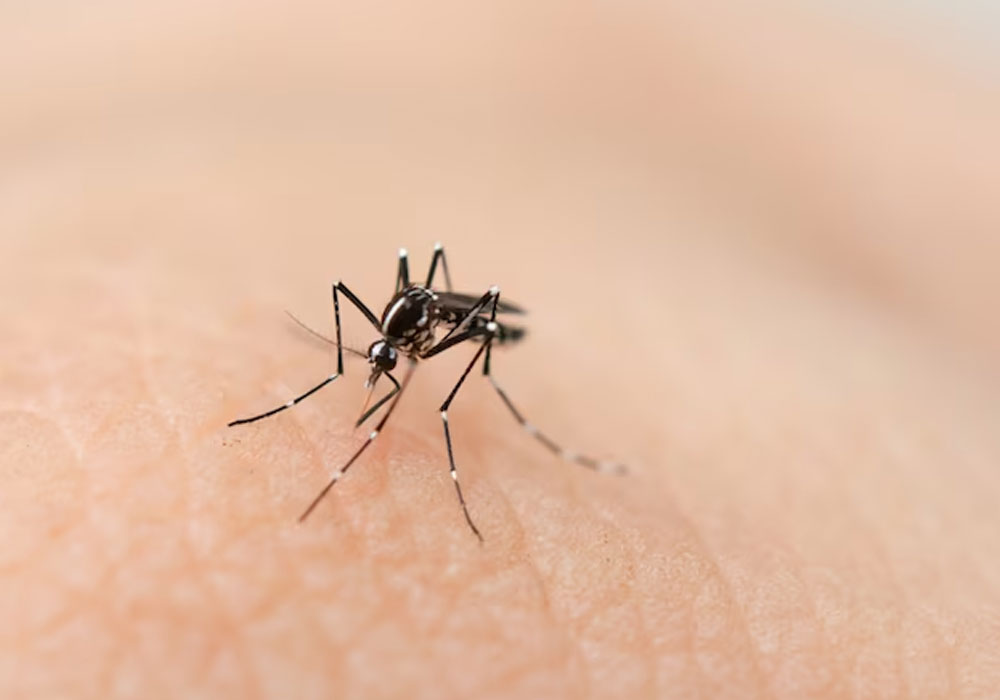
IDR 999K
This package helps your body to recover from fever cases. The vitamin will boost your immune and get faster recovery process
500 ml Hydration
IV Antifever 100ml
IV Stomach Protector
IV Vitamin C
Medical Report for Insurance

IDR 499K
Signs of dehydration include extreme thirst, decreased urine output, muscle cramps, confusion, and headaches. In severe cases, dehydration may require medical treatment and intravenous therapy
1000 ml hydration
Medical Report for Insurance
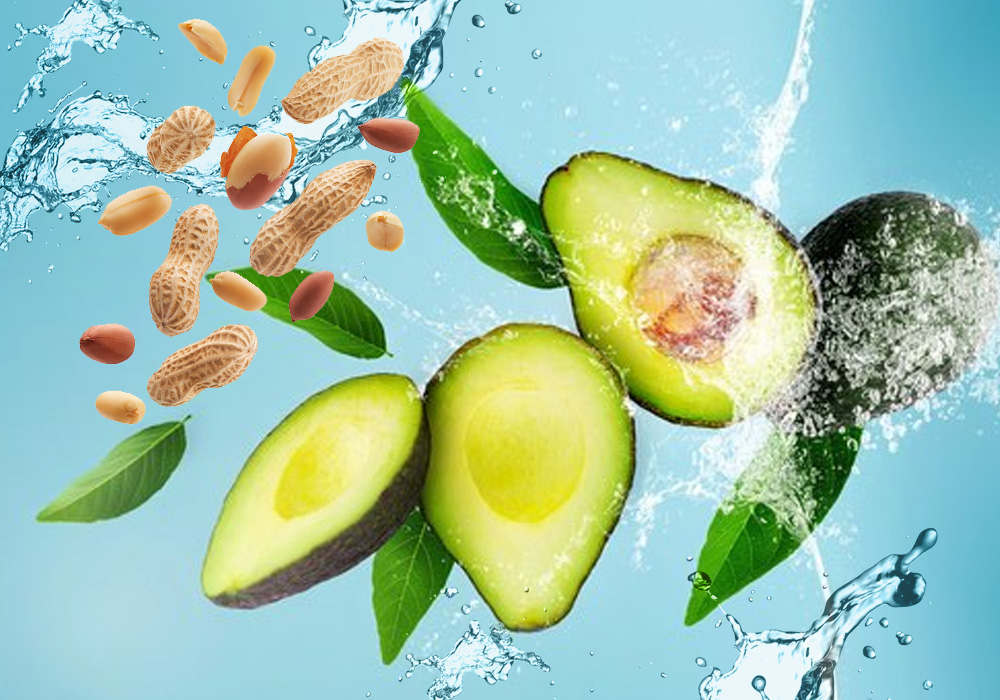
IDR 499K
Vitamin B has a role to ensure the body's cells can function properly. This vitamin can help the body convert food into energy, make new blood cells to maintain the health of brain cells, skin cells and other body tissues. Reducing symptom of stress / depression.
100 ml hydration
IV Vitamin B complex
Medical Report for Insurance

IDR 499K
Vitamin C, also known as ascorbic acid helps protect cells and keep them healthy maintaining healthy skin, blood vessels, bones and cartilage. Helps wound healing. As an antioxidant and boost the immune system. Improve wound healing. Helps produce collagen, the main component of the body's connective tissue
100 ml hydration
IV Vitamin C
Medical Report for Insurance
Latest Article

Getting to Know Hypertrophic Scars: Causes, Differences, and How to Treat Them
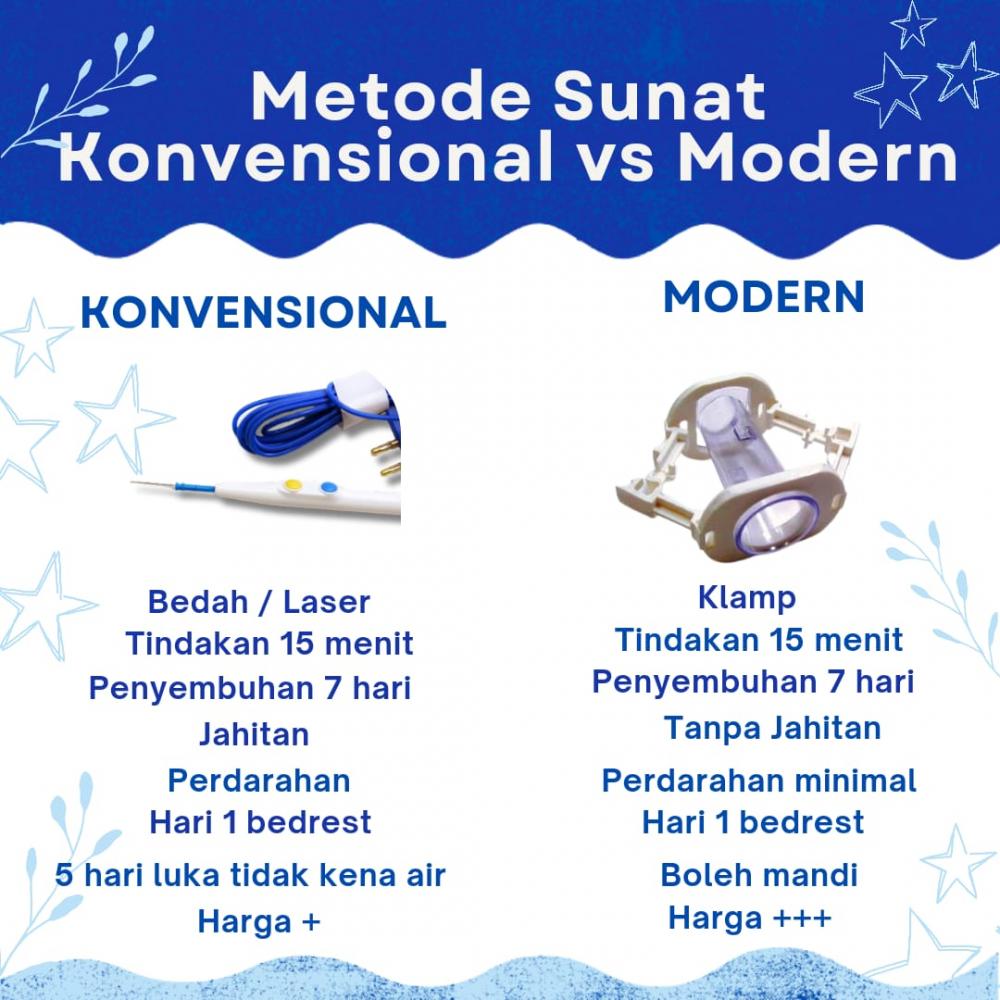
Circumcision Conventional VS Modern

Insani Circumcision House

Bali Belly

Morning Clinic Seminyak Kerobokan Umalas Canggu
Copyright © 2021 Krishna Medika Clinic. Sunat di Bali. All Right Reserved.